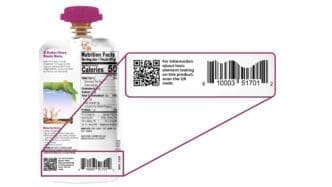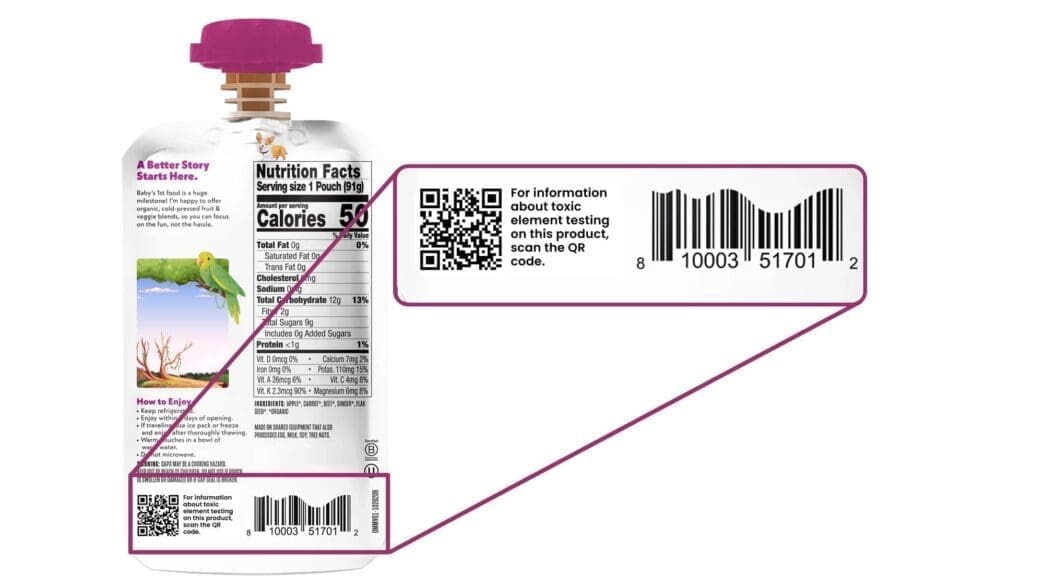A new California law mandates transparency in baby food labels, requiring manufacturers to disclose levels of heavy metals, including lead, arsenic, cadmium, and mercury, for the first time. This move addresses growing consumer concerns over food safety after alarming discoveries of toxic metals in baby products.
The law, effective from January 1, 2025, requires baby food manufacturers to test their products monthly and make these results publicly available. Known brands, such as Gerber and Beech-Nut, are extending this initiative across the United States by incorporating QR codes that allow buyers to access testing data easily.
The legislation was prompted by findings from various investigations, including a 2021 congressional report, which revealed significant levels of toxic metals in baby food. Some products reportedly contained up to 177 times the lead and 91 times the inorganic arsenic levels permitted in bottled water. These metals pose serious health risks, particularly to children, potentially affecting neurological development and causing chronic diseases.
The Baby Food Safety Act of 2024, introduced at the federal level, remains under discussion, with California stepping ahead by enacting its measures. Jaclyn Bowen of the Clean Label Project emphasizes that public access to these test results will prompt broader discussions about children’s nutrition.
The U.S. Food and Drug Administration has suggested lead limits in baby foods, though critics argue for stricter regulations. Meanwhile, some companies have opted for stricter European standards to cater to health-conscious consumers. Scott Farber of the Environmental Working Group notes that the market, rather than regulatory bodies, may drive reductions in toxic metal contents as parents opt for safer alternatives.
This initiative does not come without challenges. Existing products remain on shelves until current stocks deplete, and new labeling might delay due to production timelines. Gerber, for instance, announced testing data availability by mid-January 2025.
Smaller companies, like Serenity Kids, highlight their agility in meeting stricter standards, having made ingredient changes when unexpected metal content was detected. This adaptability is more challenging for larger entities due to logistical constraints.
There are additional concerns about possible cutbacks in nutritional value as manufacturers strive to meet the new regulations. Experts warn that high water content in baby foods could falsely show lower heavy metal levels while providing insufficient nutrition.
Finally, the law faces scrutiny regarding compliance, especially from online-only brands that might disregard state mandates. Advocacy groups stress the importance of consumer vigilance as the industry navigates these new requirements.
As baby food labels begin to reveal heavy metal content, this legislative action marks a step toward improved transparency and food safety. The impact on manufacturing practices and consumer choices will likely shape the future landscape of baby nutrition.
Source: Wsvn







